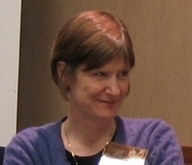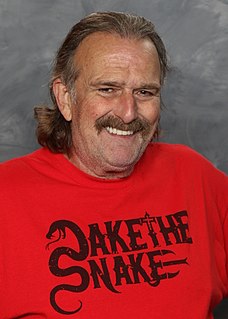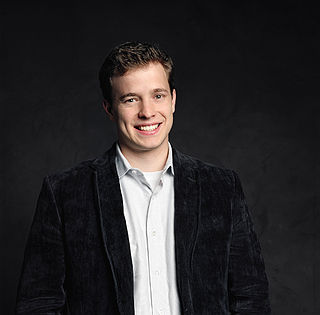A Quote by Tyler Perry
The question that a lot of people ask me all the time is how did you make it? The truth be told, it was nothing but the grace of God.
Related Quotes
How forthright does the audience want the broadcasters to be? Because when you tell your truth, there's a lot of anger that comes out. I think it's a good question to ask TV people [executives] too. How much truth do they want to be told? How much truth does the league want told? Because the truth isn't just a positive truth. If you're going to tell the truth, you would be telling a lot of positive and some negative.
I have nothing against Kanye West. Help me with this - I'm not dissing him - this is about how people talk about him. With the last album he did, he got all the best beatmakers on the planet at the time to make beats for him. A lot of the time, he wasn't even there. Yet no one would question his authorship for a second.
"Did God have a mother?" Children, when told that God made the heavens and the earth, innocently ask whether God had a mother. This deceptively simple question has stumped the elders of the church and embarrassed the finest theologians, precipitating some of the thorniest theological debates over the centuries. All the great religions have elaborate mythologies surrounding the divine act of Creation, but none of them adequately confronts the logical paradoxes inherent in the question that even children ask.
What I try to do is narrow the sermon series down to one big question. In this case the question is: What happens when grace happens? I knew I wanted to preach about grace. I just felt as if it was time for our church to be refreshed and see the beauty of God's grace - the uniqueness of the Christian grace as compared to the teachings of other world religions on forgiveness.
If there is no god, what is left but science? What is left to endow us with any grace? You can tell me the chemical makeup of my skin and my brain, but how can you explain away my soul? And if there is no god to watch over me, chastise me, grieve for me, rejoice for me, make me fear, and make me wonder, what am I but a collection of metals and liquids with nothing to celebrate about my daily living?
When you go to a voice-based interaction, you can't tell people, 'Ask me this question and structure it in this way.' And if they ask a question, and you have a bad answer, first time, maybe they'll be okay with it. Third time, they're going to say, 'This is a complete waste of time. I'm going away.'
So when people ask me if I believe God created the universe, I tell them that the question itself makes no sense. Time didn't exist before the Big Bang, so there is no time for God to make the universe in. It's like asking for directions to the edge of the earth; the earth is a sphere, it doesn't have an edge, so looking for it is a futile exercise.
When I approached God at that time, I hardly had a living faith in Him. The agnostic was in me, the atheist was in me, the sceptic was in me and I was not absolutely sure that there was a God at all. I did not feel His presence. Yet something drew me to the truth of the Vedas, the truth of the Gita, the truth of the Hindu religion.
Now I wonder whether I have sufficiently realized that during all this time God has been trying to find me, to know me, and to love me. The question is not 'How am I to find God?' but 'How am I to let myself be found by him?' The question is not 'How am I to love God?' but 'How am I to let myself be loved by God?'
I'm not really into religion, OK. I saw a lot of things I did not like when I got into organized religion. I think a lot of people abuse it, I think a lot of people use it, I think a lot of people make it what they want. And me, my faith and my relationship with God is very personal. And it's not anybody's damn business how we talk.




































